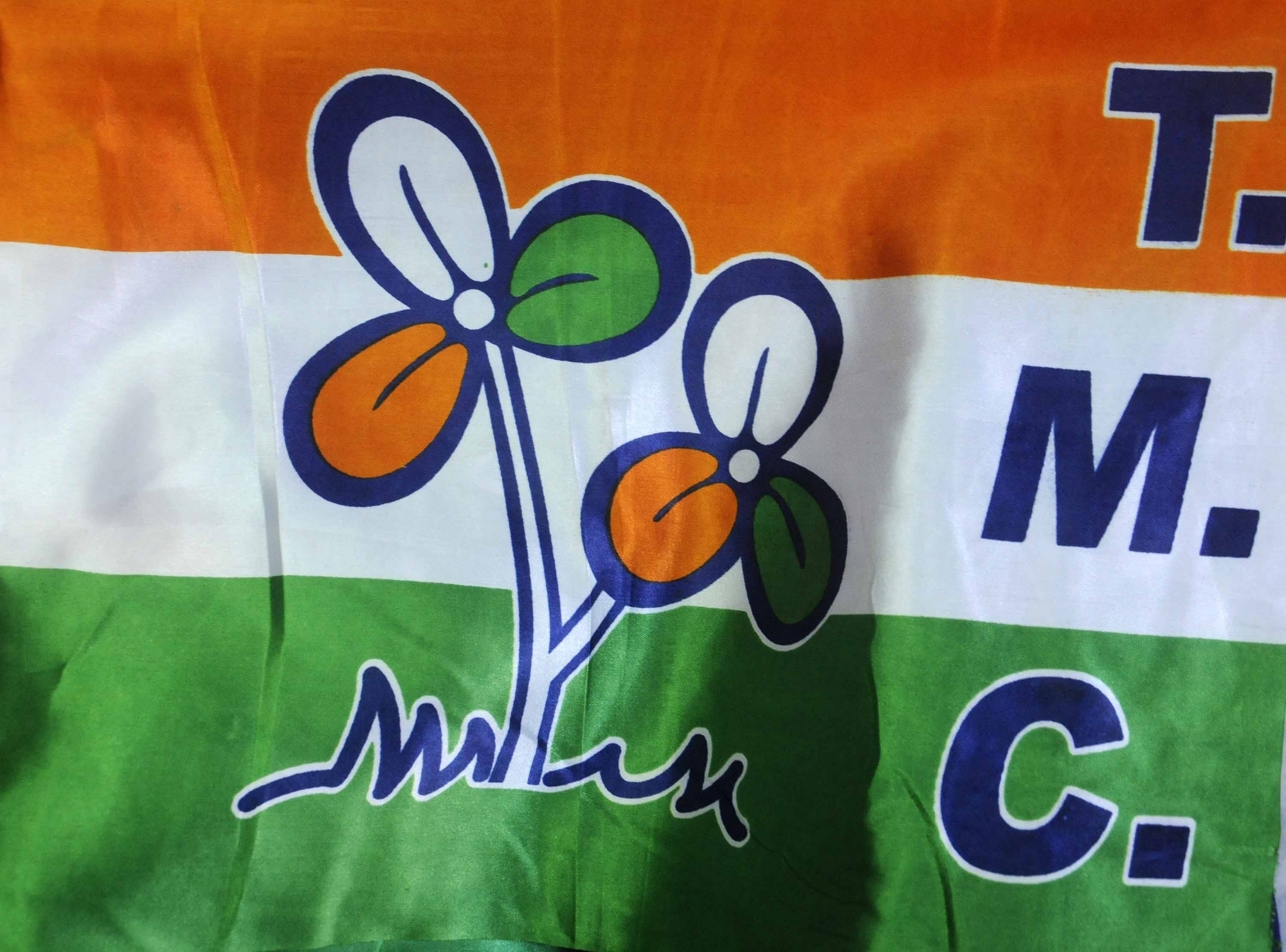SUJIT CHAKRABORTY Agartala/Shillong, April 17 (IANS) Revoking of the Trinamool Congress (TMC) national party recognition by the Election Commission evoked a mixed response from the party leaders and political commentators and analysts, but one and all said that it would affect its national ambitions ahead of the 2024 Lok Sabha elections. The outcome of the recent assembly polls in three northeastern states -- Meghalaya, Tripura and Nagaland -- expedited the TMC's losing the national party status. The Trinamool Congress which contested 56 of the 60 seats in the February 27 assembly polls in Meghalaya and 28 of the 60 seats in the February 16 Tripura assembly elections secured five seats and 13.78 per cent votes in Meghalaya and only 0.88 per cent votes in Tripura, where 1.36 per cent votes were polled for NOTA (None Of The Above). The party did not contest in the Christian and tribal-dominated Nagaland polls as it could not manage any leader and worker to join the West Bengal based party. In Meghalaya, former Chief Minister Mukul Sangma (2010-2018), one of the key leaders of the Trinamool Congress in the mountainous, Christian and tribal dominated northeastern state, contested from two assembly seats -- Songsak and Tikrikilla - both in the Garo hills. Sangma won the Songsak seat by a thin margin of 372 votes defeating ruling National People's Party (NPP) candidate Nihim D Shira but lost the Tikrikilla seat to the NPP's Jimmy D. Sangma by a margin of 5313 votes. The Trinamool Congress candidate for Meghalaya's Rajabala seat, Mizanur Rahman Kazi, won the seat by a narrow margin of just 10 votes against NPP nominee Abdus Saleh. In November 2021, twelve MLAs, led by Sangma, who had won in the 2018 Assembly election as Congress nominees, joined the Trinamool, making the West Bengal-based party the main opposition in the state overnight. The development came after Sangma quit the Congress over the leadership issue in Meghalaya and the grand old party made Lok Sabha member (from Shillong parliamentary constituency) Vincent H Pala the state party president. In Tripura, with the arrival of 23 members of political strategist Prashant Kishor's Indian Political Action Committee (I-PAC) in July 2021 to assess the political situation in the state and potential support base for the Trinamool before the Assembly elections, the Trinamool Congress started its organisational work in the northeastern state in the third phase. After the Trinamool Congress was constituted in January 1998, former Tripura Chief Minister Sudhir Majumder, Ratan Chakraborty, Ashish Saha, Subal Bhowmik, all then Congress leaders, and others went to the TMC in March 1998. Most of them returned to the Congress in 2001-2002. Majumder contested from the West Tripura Lok Sabha constituency in 1999 on a TMC ticket and secured second position. Former Tripura assembly Speaker Chakraborty joined the BJP in 2017 and is now a party MLA while Bhowmik rejoined the BJP. Former Minister Sudip Roy Barman, five MLAs and many leaders quit the Congress in 2016 and joined the Trinamool Congress and next year (2017) they joined the Bharatiya Janata Party. However, Roy Barman quit the BJP in January last year and joined the Congress. Roy Barman is currently one of the three Congress MLAs in Tripura. Trinamool Congress Tripura state president and veteran lawyer Pijush Kanti Biswas said that after losing the national party status, his party would lose some facilities in Delhi and other places but it would not affect organisational matters. "Our central leaders would deal with the national party recognition issue, but our fight against the BJP would continue and it would even be stepped up in Tripura and other places. Mamata Banerjee and other leaders of the party are capable of dealing with all the issues, including expanding the party organisation," Biswas told IANS. Political commentator Sanjib Deb said that losing the TMC's national party status was expected. "The TMC could not set up a strong base in Tripura. They failed to project any big figure as their leader in the state. In the tribal and scheduled caste communities, their organisational and leadership presence was either almost nil or very poor," Deb told IANS The political environment in West Bengal and Tripura is different. The regional parties could not expand their organisational base much in the other areas except their state or base areas, said Deb. He said that with the loss of the national party status, the TMC's efforts to lead the anti-BJP parties in the 2024 Lok Sabha polls would also come to naught. Another political analyst Satyabara Chakraborti said that without choosing leaders from Tripura, the TMC tried to control the state through the West Bengal leaders. Former All India Mahila Congress president Sushmita Dev was made the TMC's Rajya Sabha member and assigned to lead the party in Tripura though she is from southern Assam. "The TMC might have tried to increase its vote share in Tripura to keep its national party status but the party miserably failed due to its miscalculation of Tripura politics and strategic faults," Chakraborti told IANS. In all the 28 seats the Trinamool Congress contested in Tripura, the party secured fourth or fifth position and the deposit of most party nominees was forfeited. Election analysts said that the Trinamool Congress spoiled the non-BJP vote share and it could not even mark its presence in the BJP ruled state. Like the BJP, the Trinamool Congress supremo and West Bengal Chief Minister Mamata Banerjee set up party organisations in Assam, Tripura and Meghalaya headed by former Congress leaders. Former Assam Congress president and former Rajya Sabha member Ripun Bora was made the TMC's Assam unit chief while former Tripura Congress president Pijush Kanti Biswas was appointed the Tripura unit president. Former Congress chief minister Mukul Sangma led the party unit in Meghalaya.
Drubbing in Tripura, Meghalaya cost TMC its 'national' status
- by Rinku
- April 17, 2023 2 minutes

Drubbing in Tripura, Meghalaya cost TMC its 'national' status.











